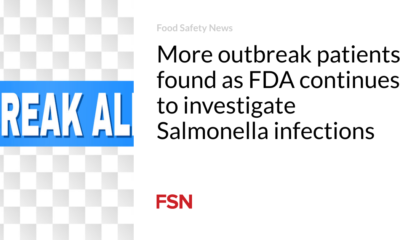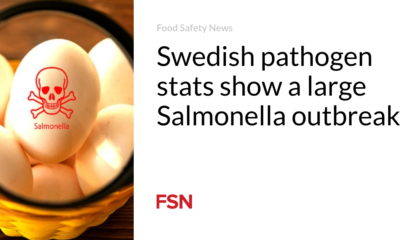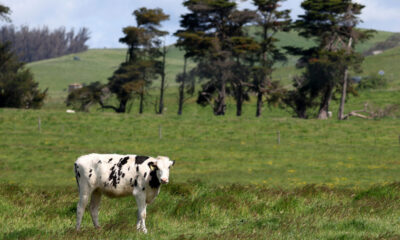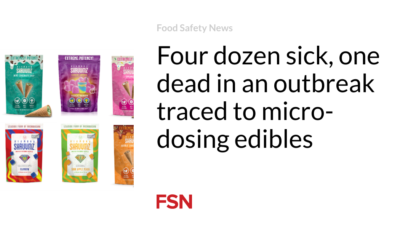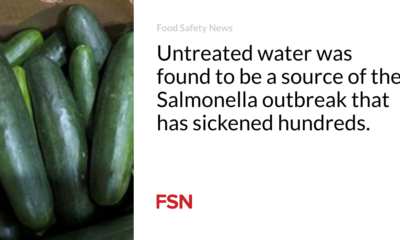Food
Broad beans linked to Listeria outbreak in Finland
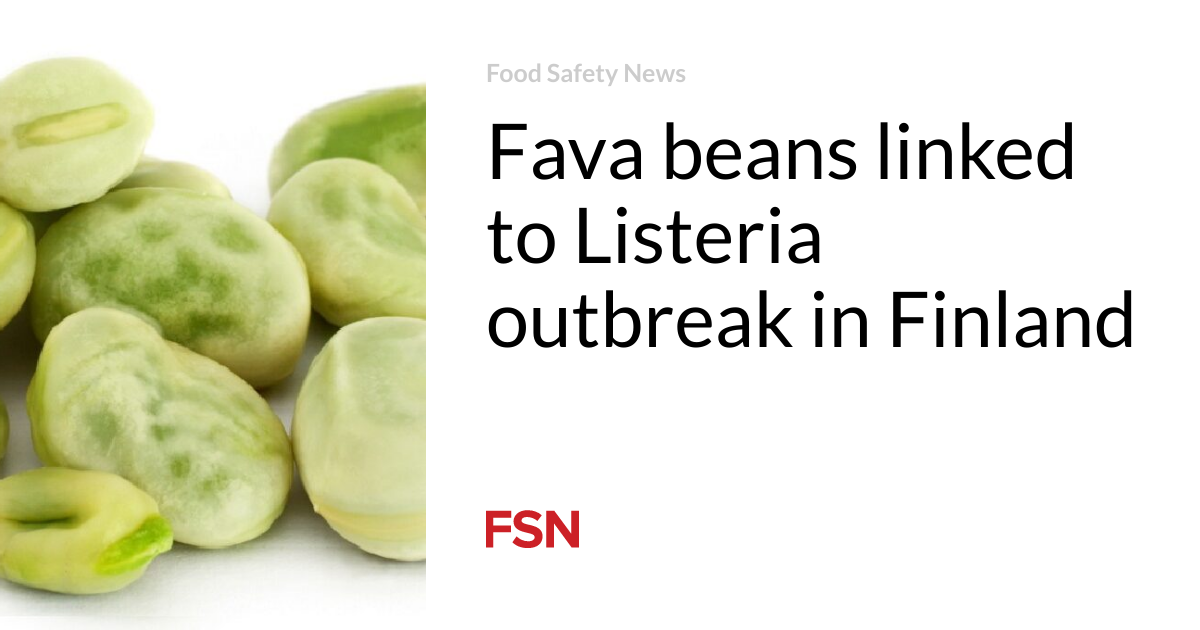
Scientists have traced the source of a multi-year Listeria outbreak in Finland to ready-to-eat plant-based food products, including broad beans.
Between 2015 and 2019, six cases were reported to the Finnish Infectious Disease Registry. Patient interviews and hospital menus were used to target traceability investigations into implicated foods. In 2021 and 2022, similar Listeria was found in a ready-to-eat (RTE) product containing broad beans.
Cases of listeriosis were linked to the product based on a study combining data on hospital menus provided to patients during the incubation period and a comparison of Listeria monocytogenes isolates detected at the manufacturing plant and those from patients.
Contamination of the broad bean product after pasteurization and during processing or packaging was the likely cause of the outbreak, researchers said in the Eurosurveillance magazine.
Patients until 2019; product positive years later
Four cases were identified in April to June 2019. One person became ill in 2015 and another in 2018. The patients’ ages ranged from late 40s to mid-70s, and both men and women were affected. The 2019 cases were treated in two hospital wards in southern Finland, while the two cases in 2015 and 2018 were from eastern and western Finland.
Patients had underlying conditions such as kidney failure, cancer, high blood pressure or diabetes or otherwise had a weakened immune system. Two people died within 15 days of being diagnosed with listeriosis.
The 2019 patients received snacks prepared by the hospital food service during dialysis treatment. Snacks were served several times over several weeks before the onset of symptoms. No food was available for sampling, and Listeria monocytogenes was not detected in 10 surface samples taken from the hospital kitchen in July 2019.
During a routine inspection of the hospital’s kitchen facilities in May 2019, the food control officer found deficiencies in hygiene, storage of cleaning equipment, sink equipment and the automatic temperature monitoring system for chilled and frozen food.
In December 2021 and August 2022, Raisio, the manufacturer of broad bean products, issued a recall for affected lots and informed consumers of possible Listeria contamination.
Regarding the 2022 recall, Raisio said the Listeria issue involved products packaged at a subcontractor’s facility, which was cleaned and sampled before restarting operations.
In November 2021, Listeria monocytogenes was found in a sample of a broad bean product taken by the food industry. This was analyzed in a local official food laboratory and the whole genome was sequenced at the Finnish Food Authority (Ruokavirasto).
In August 2022, two isolates from samples of another broad bean product from the same company were sequenced at the Finnish Food Authority. All three isolates were similar to those from the six cases. No Listeria monocytogenes were found in broad bean product samples in 2019 and 2020.
In December 2021, 591 surface samples were taken from the company’s processing environment, and Listeria monocytogenes was detected in 41 samples from floors and nearby surfaces and from a ripening machine.
Heating requirement added
The products were made from whole broad beans produced in Finland. They have been sold nationwide since 2016 and are widely available to consumers. An explanation for no other case could be that the new broad bean product is more common among younger age groups, who are generally in better health and less prone to serious illness, scientists said.
Inspections by the manufacturer and local food control authority found that Listeria persisted in the production environment and that products were contaminated after pasteurization. However, the origin of the infection was not found.
Official controls at the production plant from 2019 to 2021 revealed deficiencies in labeling and sampling, site cleanliness management, separation of activities requiring different levels of hygiene, and workers’ occupational hygiene. In December 2021, measures to combat Listeria monocytogenes contamination in the food processing area include updated sampling of products and the production area, intensification of cleaning and disinfection procedures and further staff training.
In November 2022, Raisio was asked to add a heating requirement to packaging labels for broad bean products because the source of Listeria in products and in the production environment was not found. Researchers said the finding of Listeria in surface samples indicates that cleaning and disinfection measures were insufficient to control the pathogen.
In March 2023, the heating requirement was extended to all products manufactured and packaged at the factory, excluding items that undergo sufficient Listeria destruction treatment in their final packaging.
Researchers recommended national guidelines for people with weakened immune systems, including plant-based RTE products as risk foods for Listeria and appropriate labeling so consumers can follow instructions.
(To sign up for a free subscription to Food Safety News, click here.)



